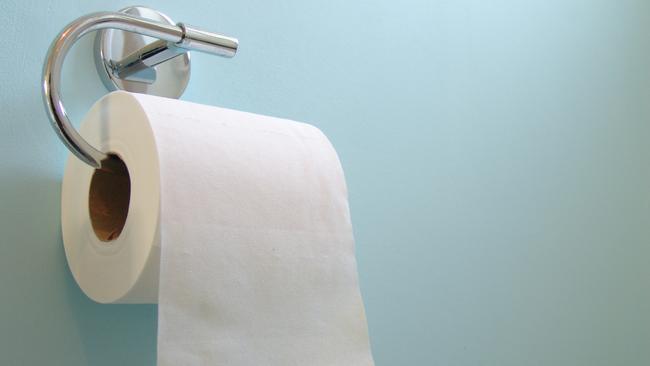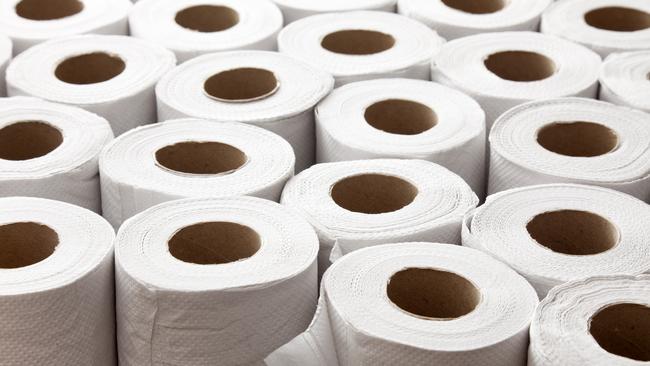Toilet paper linked to increase cancer risk, researchers say
A new international study has found household toilet paper could contain “forever chemicals” that have been linked to cancer and low sperm count.

Illness
Don't miss out on the headlines from Illness. Followed categories will be added to My News.
Your toilet paper might give you cancer, according to scientists.
Experts from the University of Florida warn that your toilet paper could contain toxic “forever chemicals”, also known as per- and polyfluoroalkyl substances (PFAs), which have previously been linked to certain cancers and even low sperm count, New York Post reports.
In the new study, published in Environmental Science & Technology Letters on Wednesday, researchers detected substances in toilet paper known as diPAPs, or perfluoroalkyl phosphate diester.
Those precursor compounds have the ability to become different kinds of PFAs – namely, a substance called PFOA, or perfluorooctanoic acid, which is potentially carcinogenic.
These “forever chemicals” have been discovered in a multitude of popular items – cosmetics, non-stick cooking pans, clothes and even children’s products – and were most recently the centre of a class-action lawsuit in the US involving period underwear made by the brand Thinx.
The period underwear supposedly contained potentially cancer-causing chemicals, which the plaintiff claimed posed a health threat to wearers.

The inspiration for the toilet paper study was derived from past research conducted by the same team of scientists. They previously looked at the presence of PFAs in biosolids – in other words, the solid waste that comes from wastewater treatment plants. So they wanted to get to the bottom of the PFA pollution problem and see if toilet paper was a contributor.
With the knowledge that the “forever chemicals” are used in paper production, they decided to investigate toilet paper.
“We asked ourselves where is the chemical used, and one product is paper,” Timothy Townsend, study co-author and professor of environmental engineering at the University of Florida, told The Hill.
With the help of volunteers, the researchers analysed toilet paper sold in Africa, Western Europe, and North, South and Central America, extracting PFAs from the samples as well as from US wastewater treatment sewage sludge. After discovering the presence of diPAPs, which was the main substance found, they compared their findings with data from prior sewage studies.
Toilet paper, they concluded, comprised 4 per cent of the diPAP commonly found in US and Canadian sewage systems – but in Europe, that number skyrocketed. In Sweden, for example, diPAP comprised 35 per cent, and in France, it was a staggering 89 per cent.

But even recycled toilet tissue isn’t safe – it could be tainted with PFAs due to reusing materials that contained diPAPs.
“This reduction in PFAs is critical since wastewater effluent and sludge are commonly reused for irrigation and/or land application,” researchers implored, noting the risk the “forever chemicals” pose to human health.
The research aims to offer further understanding of where PFA pollution comes from to allow us to be “better equipped to implement changes,” Prof Townsend said.
Link between PFAs and cancer, diabetes
Meanwhile, toilet paper isn’t the only potentially carcinogenic product in most homes.
One study last month suggested a link between household PFAs and the development of cancer and diabetes in children. Published in Environmental Health Perspectives, the study concluded that the chemicals could affect growth and metabolism.
The “exposure to a combination of PFAs not only disrupted lipid and amino acid metabolism but also altered thyroid hormone function,” study author Jesse Goodrich noted at the time.
This article originally appeared on the New York Post and was reproduced with permission
Originally published as Toilet paper linked to increase cancer risk, researchers say




